Subtotal $0.00
Subscribe to out newsletter today to receive latest news administrate cost effective for tactical data.
2478 Street City Ohio 90255
Shopping cart
- Phone:44867099/ 31024150
- Email:drmadhusclinicqatar@gmail.com
Subscribe to out newsletter today to receive latest news administrate cost effective for tactical data.
2478 Street City Ohio 90255

Depression is a mental health disorder characterized by persistent feelings of sadness, loss of interest or pleasure, and impaired daily functioning.

Anxiety disorders involve excessive worry or fear, impacting daily life and often requiring therapeutic interventions.

Social anxiety involves an intense fear of social situations, leading to avoidance behaviors and significant distress in interpersonal interactions.
Panic Disorder involves recurring, unexpected panic attacks accompanied by intense fear and behavioral changes to avoid triggers.

Adjustment Disorder: Stress-related condition with emotional symptoms, typically manageable through support and coping strategies.

Bereavement is the process of grieving and mourning after the loss of a loved one, involving various emotional and psychological responses.

Chronic pain is persistent discomfort, necessitating comprehensive approaches for both physical and emotional well-being.

Anger management entails learning strategies for constructive expression and regulation of anger, fostering healthier responses to provocation.

Self-harm refers to intentional, non-suicidal actions that cause harm to oneself, often serving as a coping mechanism for emotional distress.

Suicidal ideation involves persistent thoughts of self-harm, signaling a serious mental health concern needing urgent attention and support.

Behavioral issues encompass disruptive behaviors, impacting various aspects of life and often necessitating targeted interventions.
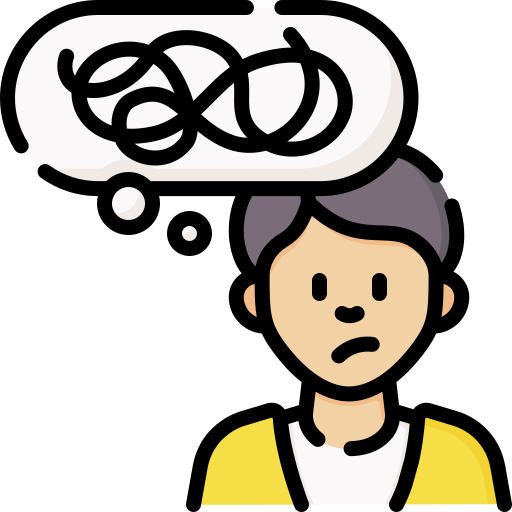
Schizophrenia is a severe mental disorder characterized by distorted thinking, hallucinations, delusions, and impaired social and occupational functioning.
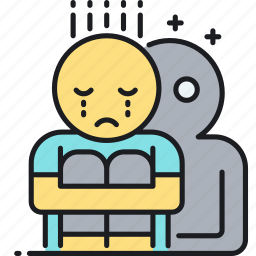
Delusional Disorder involves persistent false beliefs, causing significant distress and functional impairment.

Trichotillomania is a hair-pulling disorder characterized by the compulsive urge to pull out one's hair, leading to hair loss and potential distress.
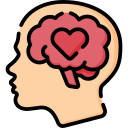
Alzheimer's dementia entails progressive memory loss and cognitive decline, predominantly affecting the elderly.
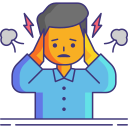
Stress headaches are tension-type headaches triggered or exacerbated by stress, often characterized by a dull, persistent pain around the head or neck.
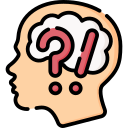
Conversion Disorder, or pseudo seizures, involves physical symptoms without a neurological basis, often stemming from psychological distress.
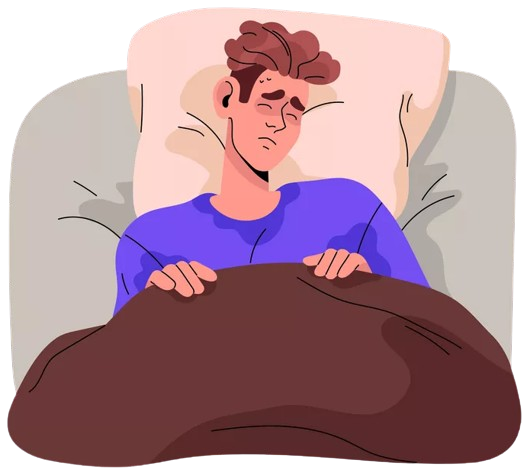
Psychogenic bedwetting involves involuntary urination during sleep without a physiological cause, often related to emotional or psychological factors.

Impulse Control Disorder involves difficulty in resisting impulsive behaviors, potentially causing harm and often requiring therapeutic interventions.

Gender Identity Disorder involves a mismatch between one's assigned sex at birth and gender identity, often addressed through gender-affirming interventions.
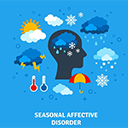
Seasonal Affective Disorder is characterized by recurrent depressive episodes during specific seasons, typically winter, linked to reduced sunlight exposure.

Bipolar Affective Disorder features intense mood swings between manic highs & depressive lows, necessitating specialized treatment for management.
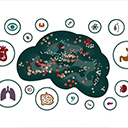
Psychosomatic disorders link physical symptoms to psychological factors, underscoring the interplay between the mind and body.
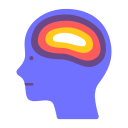
Other psychotic disorders involve disruptions in thinking, perception, and emotions, requiring thorough psychiatric evaluation and treatment.

Self-esteem and confidence issues revolve around negative self-perception, requiring self-reflection and positive affirmations for improvement.

OCD involves persistent, distressing thoughts and repetitive behaviors aimed at alleviating anxiety.
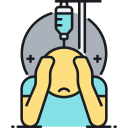
PTSD is a mental health condition triggered by trauma, leading to intrusive memories, hyperarousal, and avoidance behaviors.

Stress-related disorders encompass a range of mental health conditions triggered or exacerbated by stress, impacting overall well-being.

Chronic Fatigue Syndrome and Fibromyalgia are conditions characterized by persistent, unexplained fatigue and widespread pain, impacting daily functioning and quality of life.

Irritable Bowel Syndrome (IBS) is a chronic digestive disorder characterized by abdominal pain, bloating, and altered bowel habits, often influenced by stress and diet.
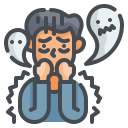
Sleep disorders, including insomnia and hypersomnia, disrupt normal sleep patterns, affect overall well-being and require tailored interventions for management.

Phobias, whether of flying, blood, exams, or others, are intense, irrational fears that can significantly impact daily life and require targeted therapeutic interventions.

Health-related anxiety, or hypochondriasis, involves persistent fears of having a serious illness, leading to excessive health concerns and frequent medical reassurance-seeking.
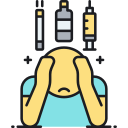
Addiction, be it to substances like alcohol or drugs, or behaviors such as sex and internet use, detrimentally impacts lives and necessitates comprehensive intervention for recovery.

Marital or relationship issues, including jealousy and trust issues, can strain partnerships, requiring open communication and mutual understanding for resolution.

Adult Attention Deficit Hyperactivity Disorder (ADHD) involves persistent challenges with attention, impulsivity, and hyperactivity, impacting daily functioning in adulthood.

Attention Deficit Hyperkinetic Disorder (ADHD) in children is characterized by persistent patterns of inattention, hyperactivity, and impulsivity, affecting daily functioning and development.

Adolescent mental health involves understanding and addressing behavioral problems, emotional challenges, and mental disorders that can impact the well-being of young individuals during this critical developmental stage.

Women's mental health encompasses the emotional well-being of women, addressing various factors such as mood disorders, reproductive health, and life transitions.

Sexual dysfunction refers to persistent problems that prevent individuals from experiencing satisfaction during sexual activity.

Some common ones include anorexia nervosa, binge eating disorder, bulimia nervosa, and pica. While each type involves an extreme focus on food, their symptoms vary.

Personality disorders are a group of mental health conditions that are characterized by inflexible and atypical patterns of thinking, feeling, and behaving.

Consultation-liaison psychiatry, also known as psychosomatic medicine, is an exciting subspecialty of psychiatry that focuses on the care of patients with comorbid psychiatric and general medical conditions.

Mental disorders can begin in childhood and require targeted therapeutic interventions.